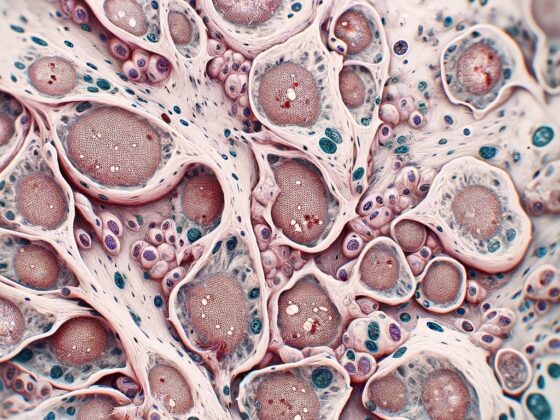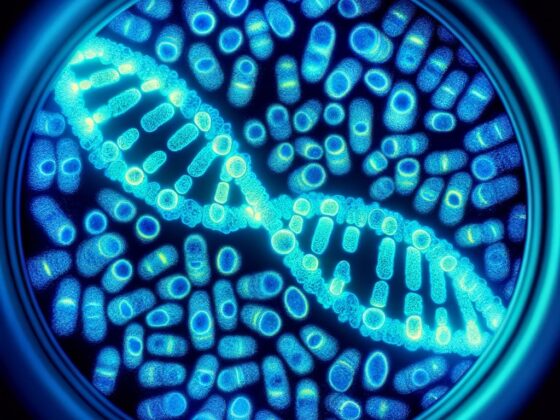What is BRCA gene testing and what can it tell you about your risk of developing breast or ovarian cancer? This article discusses how the test is performed at ALLIANCE™ Laboratories, who should get tested, what the results mean, and why you should get tested if you have certain risk factors.
Ovarian cancer is among the deadliest cancers for women, primarily due to its late diagnosis. Fortunately, advancements in genetic testing provide valuable insights into individual risks, offering a proactive approach to cancer management. BRCA gene testing is a critical tool in assessing the risk of developing breast or ovarian cancer.
What are BRCA genes?
BRCA1 and BRCA2 are genes responsible for production of proteins that repair damaged DNA, ensuring the stability of the cell’s genetic material. When a mutation is introduced to either of these genes, the DNA repair mechanism is compromised, increasing the risk of cellular abnormalities that can lead to tumor formation and result in cancer.
BRCA gene testing is a type of genetic screening that assesses the DNA for mutations in the BRCA1 and BRCA2 genes. It is usually performed through a blood sample, but can also be conducted using saliva or cheek swabs. The sample is then analyzed in a laboratory to identify any genetic mutations.
Who is BRCA testing for?
BRCA testing is primarily advised for individuals with a strong family history of breast or ovarian cancer, particularly if the cancers occurred at a young age. Here are some criteria that might prompt a BRCA gene test:
– Multiple family members with breast or ovarian cancer.
– A family member with both breast and ovarian cancer.
– Any male relative diagnosed with breast cancer.
– Eastern European (Ashkenazi) Jewish heritage, coupled with a strong family history of these cancers.
– A known BRCA1 or BRCA2 mutation in the family.
Testing Process
A medical professional collects a sample of blood, saliva, or cheek swab. The sample is sent to a laboratory specializing in genetic diagnostics. The DNA is extracted from the sample and analyzed using one of several techniques to identify any mutations in the BRCA genes.
Interpreting Results
The results of a BRCA test can come back as positive, negative, or uncertain:
Positive Test
A mutation is found, indicating an increased risk of developing breast and ovarian cancers. This does not mean cancer is inevitable, but it does significantly raise the risk compared to the general population.
Negative Test
No BRCA mutation is detected. This result does not eliminate the risk of developing cancer but indicates a typical risk level.
Variant of Uncertain Significance (VUS)
Occasionally, the test may find a change in the DNA that has not been previously associated with cancer. This result may be reclassified in the future as more information becomes available.
Reasons For BRCA Testing
Knowing your BRCA status can be empowering. For those with a positive result, several proactive measures can reduce cancer risk.
Most importantly, being aware of this genetic predisposition encourages patients to get mammograms and MRI scans regularly so that they detect cancer as early as possible and when it is most treatable. This increased surveillance is very often a legitimate life saver. There are also preventative medications, such as tamoxifen, that can be prescribed to high-risk individuals. In some cases, patients even choose to have preventative surgeries, such as mastectomy or oophorectomy (removal of ovaries), to significantly reduce the risk of developing cancer.
On the other hand, a negative test result can provide peace of mind, reducing the need for frequent screenings and the anxiety associated with high cancer risk.
BRCA gene testing is a powerful tool in the management of cancer risk. Understanding one’s genetic status can lead to informed decisions regarding preventive measures and treatment options. With the guidance of healthcare professionals, individuals can use the insights gained from BRCA testing to take proactive steps towards health management and cancer prevention.


